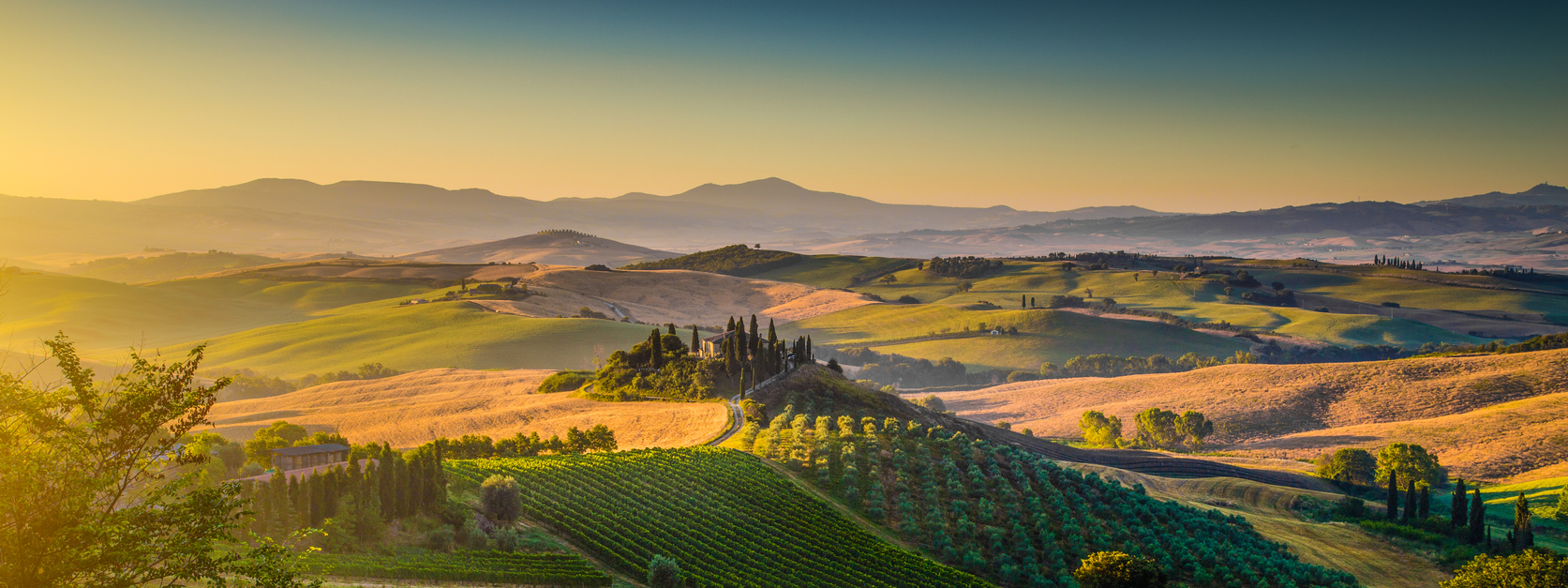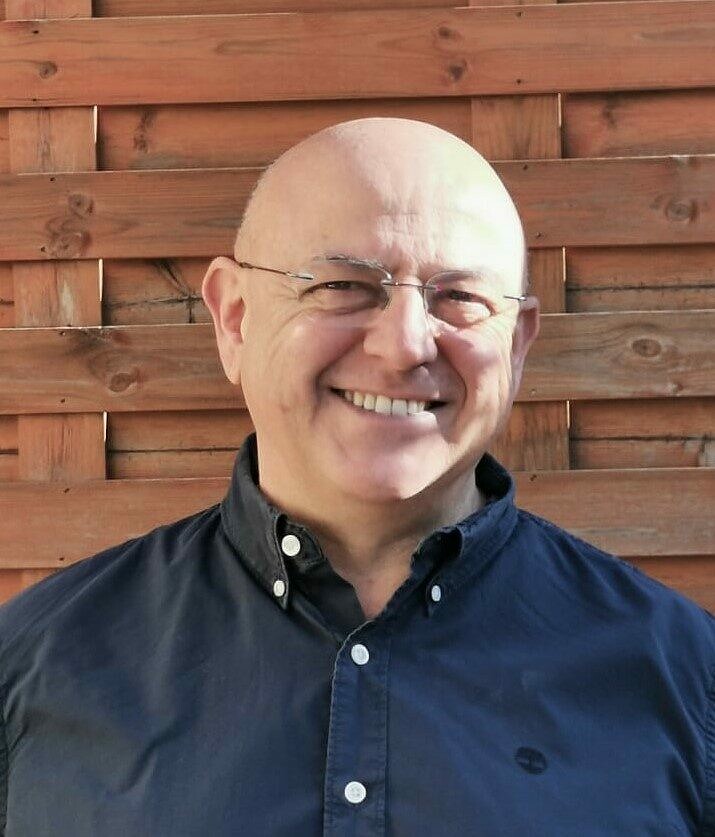Opinion piece from Andrea Granier
27th July 2022
This year SAI Platform turns 20! And to help us celebrate this incredible milestone we’re talking to some of the members and partners who have helped us develop and champion sustainable agriculture over these last twenty years.

Overview
We know that only a small minority of the industry is climate ready. We really need to accelerate the conversation and it is here that SAI Platform plays an important role.

Andrea Granier is Unilever’s Global Sustainability Procurement Manager. Since the launch of the Unilever Sustainable Living Plan in 2010, Andrea has participated in and chaired several working groups and been an active partner in collaborative initiatives and projects.
How would you describe your interaction and level of activity both from Unilever and personal perspectives Andrea?
For me, the fact that SAI Platform members are very diverse, from large- to medium-sized and small corporations to farming organisations as well, all active in different parts of the supply chain, not to mention the variety of crops and geographies, makes SAI Platform a valuable group of people with a richness of experience. In this context, I learn from other organisations in different parts of the supply chain, and I think they learn from understanding the point of view of a large corporation.
What do you feel that SAI Platform has achieved for your organisation, your sector, the food and drink industry, and sustainable agriculture in general?
As you know, Unilever was one of the founders of SAI Platform, one of the original companies that got together in 2002 with the vision of solving the environmental and social issues generated by their upstream sourcing. They agreed that this could not be done in isolation but only by joining forces pre-competitively to make agriculture sustainable. It wasn’t easy at all. It required perseverance and commitment, if you think that it took 12 years to get to the Farm Suitability Assessment (FSA).
Since then, we have observed an acceleration of the adoption of the standard within our supply chain, in many cases replacing other certification standards, in Europe and the US especially. At the moment, half of our sustainably sourced food ingredients from suppliers in Europe and the US are FSA-compliant. That means a lot for us. It also gives many companies the opportunity to develop their own sustainability at scale.
What do you see as the key issues for the food and drink industry right now, and how do you think they will develop over the next 5-10 and 20 years?
What we know is that only a small minority of the industry is climate ready. Most have not yet developed a sense of urgency about the climate emergency. So, the next 5 years will be spent gathering knowledge before they start doing something. We really need to accelerate the conversation and it is here that SAI Platform plays an important role.
What do 20 years of SAI Platform and “People powered agriculture” mean to you personally?
For me, it means a visionary commitment and a constant effort to make sustainable agriculture mainstream. It also means putting agriculture back at the centre of what people talk about and people realising there’s a link between the food they eat and what happens on the ground in the field, and in the agricultural space in general. The latter should not be taken for granted.
“Over recent decades people in the urban environment have known very little about agriculture. People powered agriculture means the centrality of agriculture in the life of the people.”
Andrea Granier, Global Sustainability Procurement Manager, Unilever.
Great answer. Do you get out in the field and have much contact with farmers yourself?
I used to do much more in the past. But I am in contact with farming organisations. I’m a farmer myself. I’m farming arable crops, cereals, sunflowers in Central Italy. Our farm has been in my family for many, many years, since the 1800s. In the past it was a far more complex operation. We had a vineyard. I don’t go out in the fields much anymore though, as I live in Rome but run my farm remotely.